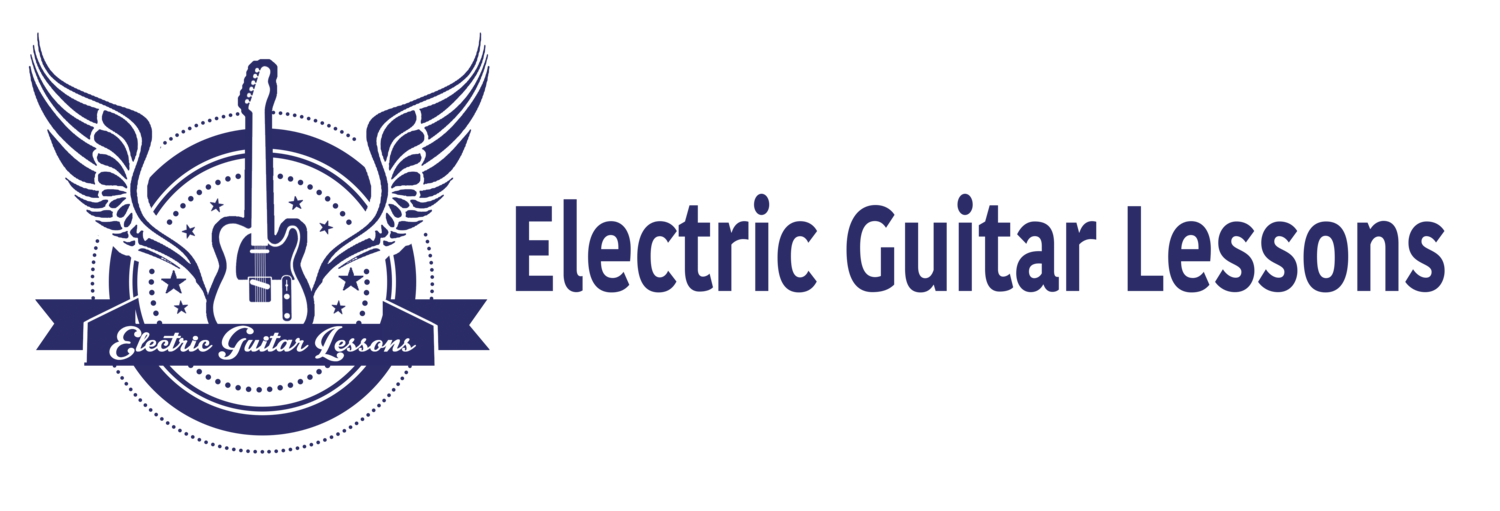Profoundly improve your musicianship and love of music with simple daily ear training
“I just don’t have it.” So many aspiring musicians, dreams, and music hobbyists find themselves at this feeling of frustration when they see AMAZING musicians that just effortlessly produce music from their instruments. They feel inadequate because they have no idea how a human can produce sounds like that from seemingly nothing.
The key to unlocking creativity and freedom comes from two sources in my opinion: 1. How much training have you done to improve your ear
How much training have you done to improve your sense of rhythm
Ear training is a musical trait that often takes the back seat to things like technique, speed, and learning songs or repertoire. What most students fail to realize is that training their hands to do the right thing at the right time on the guitar is important, but it will never connect emotionally with the mind until the ear, more specifically the inner ear, starts to have more of a say in how the music is interpreted.
All great musicians have great ears. They can hear something in their mind, and figure out how to create it in real life. This is a LEARNABLE skill. I was not born with perfect pitch, or even a decent ear. He could not learn songs by ear, he could not transcribe solos endlessly. He could memorize tabs, and match them to the songs that he already had memorized.
Until I started training my ear every day, I only went so far with my musicality. Once I trained my ear, after a couple months, I started to notice an entirely new world of music open up to me. My hope for you in reading this article is you will pick up a couple simple exercises you can do DAILY to improve that part of your musicianship and ultimately learn how to create and ENJOY music more.
Exercise 1:
Establishing Pitch Memory
If I ask you to imagine the sound of your dog barking, or your mother’s voice, or a cartoon character that you like, you should be able to imagine that sound in your head. That is your inner ear, (your imaginative ear), that is hallucinating a sound inside your head. That is pitch memory. You can accomplish this simple task as it pertains to music with daily training
Step 1: Select a pitch that you want to memorize. I chose A
Step 2: Every day when you wake up, play the A note, and then SING IT OUT LOUD. Imagine the note ringing in your ear, sing it, play it. Keep repeating this process for about 1-2 minutes.
Step 3: Later in the day, try to recall the pitch, sing it into your voice recorder in your phone.
Step 4: Next time you are near a piano, try to recall the pitch before you play it. Then play it to check your work. Play your recordings and check and see if they are correct.
Step 5: Continue doing this DAILY, until you memorize the note. The day will come when you can search inside your mind and create a tone from memory.
Exercise 2:
Establishing basic relative pitch
This exercise involves very simple interval training. An interval is the space between two different notes on any instrument. Your ear can be trained to identify the quality of different intervals through practice. We will start here by first getting the sound of an A note in your mind.
- Play an A note, sing it, imagine it ringing in your head.
- Play a second note that is either a whole step or half step above A. Sing that note
- Sing the A note before you play it.
- Sing the second note again before you play it.
- Keep repeating this until you can sing the first pitch ‘A’ and the new pitch from memory.
- Pick a new second pitch and repeat.
What you will do in this exercise is gradually train your ear to become aware of distance in pitches. This will help music flow more effortlessly in your mind because you are training your INNER EAR to hear and create music without an external source.
Exercise 3:
Establishing pitch memory using well known songs.
Did you know that the first chord in Nirvana’s “Smells like teen spirit” is an F power chord? If you can imagine what that chord sounds like, then you can recall an F note.
Often times, our favorite songs get stuck in our head and we leave it at that. What we don’t realize is that we have a very powerful reference in our mind to help us remember certain pitches. Think of VERY memorable songs that you like, that have SIMPLE intro sections like “My Girl” or “Billie Jean” or “Lean on me”. These songs have extremely memorable intro sections that if focused on enough, can yield that actual starting pitch.
Ear training and having a great musical ear is what sets apart good musicians from great musicians. The steps above were taken by the author, Josh Beetler owner of www.tauntonguitarlessons.com, in his own musical journey and really helped out in the beginning with his musical ear. Do not skip this CRITICAL skill that is required if you want to become a great musician. Simply, daily discipline, over time will yield great efforts and greater enjoyment of music for the rest of your life. Isn’t it worth it?
